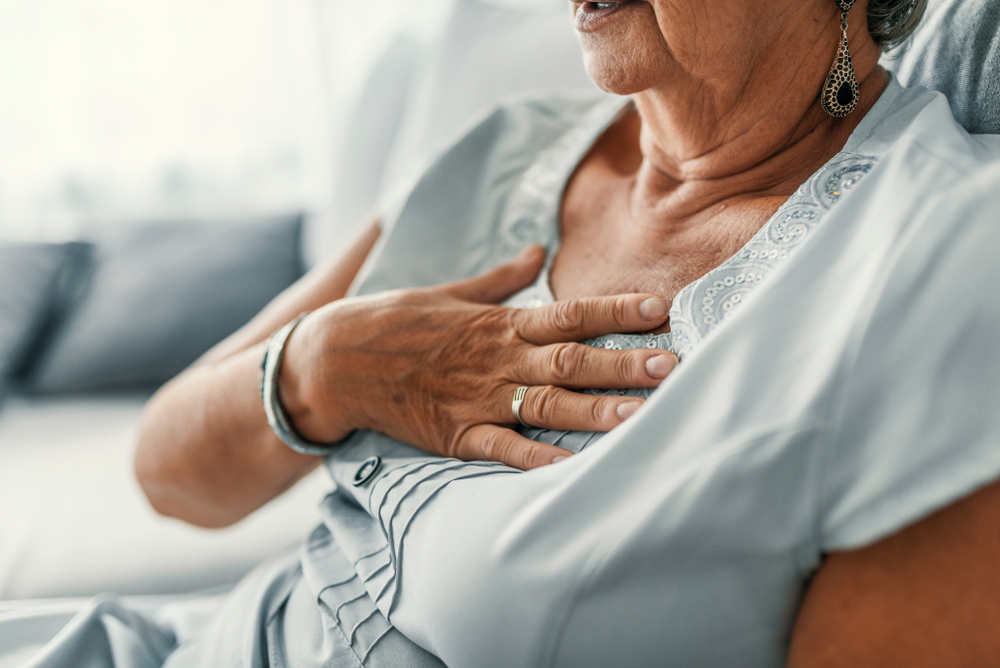Many older Indians — nearly 25 per cent of them — suffer from symptoms of gastro-oesophageal reflux disease or GERD. They have a plethora of disconcerting symptoms, some of which may seem unrelated to acid or reflux. They may have a persistent dry cough, sore throat, hoarseness of voice, burping, hiccups, bloating, difficulty swallowing with a choking feeling and a sensation of a something sticking in the throat. Sometimes, it can give rise to agonising chest pain, which can be mistaken for a heart attack. Many such patients wind up in casualty or chest pain units. After a medical evaluation, often expensive, many are told, “It is just stomach pain.”
There is a tight sphincter muscle at the junction of the stomach and the oesophagus. This acts like a valve, keeping the contents of the stomach from flowing back into the oesophagus. There is another such muscle at the intersection of the throat and the oesophagus. If and when food is swallowed, these muscles relax sequentially. They then shut tightly, preventing regurgitation of the food and acidic stomach contents into the oesophagus and mouth.
If the stomach contents regurgitate, the lining of the oesophagus is bathed in acid. It becomes damaged, can form ulcers and repeated damage can even cause cancer.
Some people are born with defective valves. They develop acid reflux at a young age. But GERD occurs mostly in middle-aged people because of obesity, especially those with protruding pot bellies and poor core strength.
GERD is often a clinical diagnosis. It can be confirmed, if required, with X-rays, endoscopy, oesophageal manometry and an ambulatory acid probe test.
Symptoms are aggravated by use of tobacco in any form — smoking, chewing or as snuff. Alcohol also loosens the oesophageal sphincters. Some foods such as citrus fruits, tomatoes, caffeinated cola drinks, raw onions, garlic, coffee, tea and chocolate are also blamed. Foods that cause reflux are idiosyncratic to the individual. Some foods aggravate symptoms in certain people but not in others. This can be determined with a detailed food history. Oily foods take a long time to digest and universally exacerbate symptoms. High-fibre foods like carrots, beetroot, radish, green leafy vegetables, apples, bananas, pears, almonds and walnuts, lentils, chickpeas and beans reduce symptoms. As far as possible, non-processed natural food should be eaten. Processed foods contain chemicals, colouring, flavours and preservatives, which increase acidity.
Symptoms can be reduced by eating 5-6 small, healthy meals a day instead of three large ones, and not sleeping or exercising for at least an hour after eating. The head of the bed can also be raised by six inches to prevent regurgitation.
Weight loss, diet restrictions and lifestyle modifications are not popular with many adults. They prefer to “pop a pill” to solve the problem. Ranitidine, omeprazole and its many acid-suppressing proton pump inhibiting derivatives are easily available in pharmacies without a prescription. Many people are on long-term self-medication with these acid suppressants.
These pills should ideally be taken 30 minutes before a meal once or twice a day. They should be stopped after two weeks. They should not be taken “as and when” in anticipation of a heavy meal or drinking binge. It is a myth that these medications are harmless. Long-term and unregulated use leads to side effects, more and more of which are being discovered every day. As they suppress acid formation, they can lead to micronutrient deficiencies, susceptibility to infections and reduction in bone density leading to fractures. If they are also combined with antacids, there is growing evidence that they can precipitate early onset dementia.
Diet and lifestyle changes can heal ulcers, undo damage already done and reduce the symptoms of GERD. That is the only way to treat it.
- The writer is a paediatrician with a family practice at Vellore and author of Staying Healthy in Modern India.
- If you have any questions on health issues, please write to yourhealthgm@yahoo.co.in











